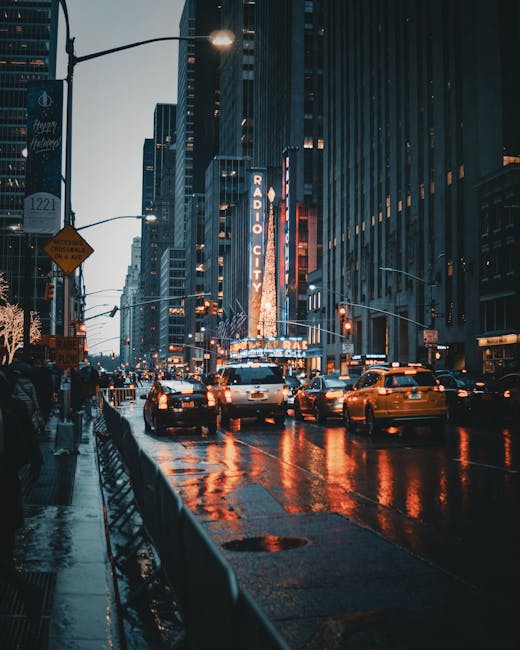


 Bolivia
Bolivia
Bolivia (Plurinational State of) is an incredibly diverse and exciting travel destination. From the stunning Andean peaks to the lush Amazon rainforest, Bolivia offers a wide range of activities and attractions for travelers. The country is home to some of the most spectacular natural wonders in South America, including the Salar de Uyuni, the world’s largest salt flat, and Lake Titicaca, the highest navigable lake in the world. Bolivia also boasts a rich cultural heritage, with vibrant cities like La Paz and Sucre offering a wealth of museums, galleries, and historical sites. Visitors can explore ancient ruins such as Tiwanaku or take part in traditional festivals like Carnaval de Oruro. Adventure seekers will find plenty to do in Bolivia too, with activities ranging from trekking and mountain biking to rafting and paragliding. No matter what type of traveler you are, Bolivia has something for everyone. With its stunning landscapes, fascinating culture, and wide range of activities, it’s no wonder that Bolivia is one of South America’s most popular travel destinations.
Activities: Surfing, Stand-up paddle boarding, Canoeing, Rafting, Skiing, Mountain biking, Hiking, Camping, Rock climbing, Caving, Safari
Landscapes: Mountains, Volcanoes, Waterfalls, Rivers, Lakes, Deserts, Canyons, Caves
Topics: Nature, Wildlife, Food, History, Festivals, Backpacking, Adventure
Is Bolivia expensive?
Bolivia currency
Bs.Bolivian boliviano (BOB)
Weather in Bolivia
The weather in Bolivia (Plurinational State of) is generally warm and sunny throughout the year. The country has a tropical climate, with temperatures ranging from hot and humid in the lowlands to cooler and drier in the highlands. The rainy season runs from October to March, with heavy rains and occasional flooding in some areas. During the dry season (April to September), temperatures can reach up to 30°C (86°F). It is important to note that the weather can vary greatly depending on the region, so it is best to check local forecasts before traveling.
- Yearly temperature range: 11°C - 30°C
- Monthly rainfall range: 15mm - 198mm
- Daily sunshine range: Infinityh - -Infinityh
Traveling Bolivia
Bus
Buses are the most common form of transportation in Bolivia. They are relatively inexpensive and can take you to most major cities and towns. There are also long-distance buses that can take you from one end of the country to the other.
Train
The train system in Bolivia is limited, but there are some routes that can take you from one end of the country to the other. The trains are usually slow, but they offer a unique way to experience the country.
Taxi
Taxis are available in most cities and towns in Bolivia. They are a convenient way to get around, but they can be expensive if you don't negotiate a good price.
Car Rental
Car rental is available in Bolivia, although it can be expensive. It is a great option if you want to explore the country at your own pace.
Car rentalAir Travel
Air travel is available in Bolivia, although it can be expensive. It is a great option if you want to get from one end of the country to the other quickly.
Flights
Is Bolivia safe?
Crime
The most common crimes in Bolivia (Plurinational State of) are theft, pickpocketing, and robbery. Petty theft is the most common crime, and it usually occurs in crowded areas such as markets, bus stations, and airports. Pickpocketing is also common in these areas. Robbery is less common but still occurs in some parts of the country. It is important to be aware of your surroundings and keep your valuables secure when traveling in Bolivia.
Travel advisory
3.4/5Bolivia has a current risk level of 3.4 (out of 5). We advise: Use some caution when travelling Bolivia.Last updated: Thu Mar 23 2023
Health
Drink Bottled Water
Tap water in Bolivia is not safe to drink, so it is important to only drink bottled water.
Altitude Sickness
Bolivia is a high-altitude country, and visitors may experience altitude sickness. It is important to take precautions such as drinking plenty of fluids and avoiding alcohol.
Vaccinations
It is recommended that travelers to Bolivia be up-to-date on routine vaccinations, including measles-mumps-rubella (MMR) vaccine, diphtheria-tetanus-pertussis vaccine, varicella (chickenpox) vaccine, polio vaccine, and your yearly flu shot.
Mosquito Bites
Mosquitoes in Bolivia can carry diseases such as malaria and dengue fever. It is important to wear insect repellent and long sleeves when outdoors.
Insect repellentSun Exposure
The sun in Bolivia can be very strong, so it is important to wear sunscreen and a hat when outdoors.
Sunscreen
Bolivia customs and etiquette
Greeting
When greeting someone in Bolivia, it is customary to shake hands and say 'buenos dias' or 'buenas tardes'. It is also polite to address people with their titles such as 'Señor' or 'Señora'.
Dress Code
In general, Bolivians dress conservatively. Women should avoid wearing revealing clothing and men should wear collared shirts and trousers. Shorts are generally not acceptable in formal settings.
Eating Habits
When eating with others, it is polite to wait for the host to start eating before beginning. It is also important to keep your hands above the table while eating and not talk with your mouth full.
Gift Giving
When giving gifts, it is customary to give something practical such as food or household items. Flowers are also a popular gift, but avoid giving chrysanthemums as they are associated with funerals.
TP
Copyright 2023